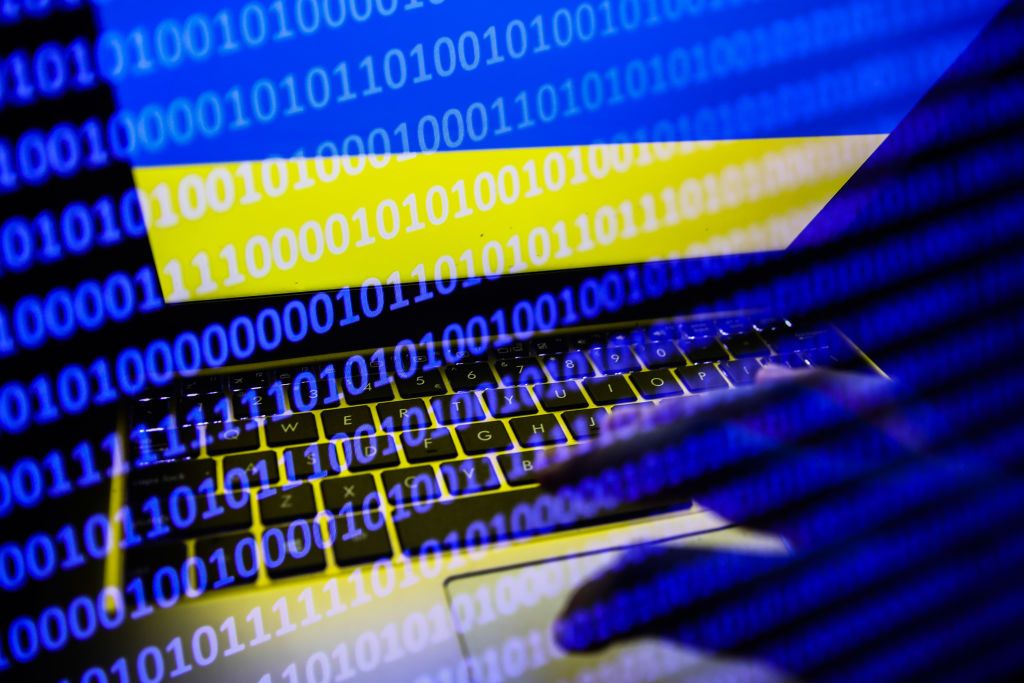A Ukrainian court has sentenced two members of the Russian security service-backed hacker group “Armageddon” in absentia for carrying out over 5,000 cyberattacks against Ukrainian institutions and critical infrastructure. These hackers previously worked as SBU employees in occupied Crimea before joining the FSB following Russia’s annexation of Crimea in 2014. They targeted internal systems in various ministries, gaining access to sensitive document management systems and servers with data on classified government structures. The hackers were charged with treason and unlawfully breaching computer systems, and were sentenced to 15 years in prison. It is unclear if they are still conducting cyberattacks against Ukraine.
Ukrainian and Western intelligence agencies have warned that the Russian GRU Unit 29155 continues to carry out cyber attacks against critical infrastructure in NATO and EU countries. The U.S. has charged five Russian intelligence officers and one civilian suspected of attempting attacks against Ukraine and 26 NATO countries, including the U.S. These cyber threats highlight the ongoing tensions between Russia and Ukraine, as well as the potential impact on global security and stability. The targeted cyber attacks aim to disrupt various industries and government services, posing a significant threat to both national security and economic stability.
In a retaliatory move, Ukrainian hackers carried out a cyberattack on Russian state media as a “congratulations” gesture on Vladimir Putin’s birthday. This cyberattack was described as “unprecedented” and aimed to disrupt Russian media outlets in response to the ongoing cyber threats from Russian-backed hackers. The increasing use of cyber warfare in international conflicts underscores the importance of cybersecurity measures and the need for coordinated global efforts to address cyber threats. Such cyber attacks not only target specific countries or institutions but also have the potential to destabilize regional and global security networks.
The ongoing cyber warfare between Russia and Ukraine reflects the broader geopolitical tensions in the region, including the annexation of Crimea and the conflict in eastern Ukraine. The use of cyberattacks as a tool for political and military agendas highlights the growing sophistication and capabilities of state-sponsored hackers. As technology continues to advance, cybersecurity measures must also evolve to counter the increasing threats posed by cyber warfare. International cooperation and information sharing are crucial in addressing cyber threats and mitigating the risks of future attacks on critical infrastructure and sensitive government systems.
The sentencing of the Russian hackers by the Ukrainian court sends a strong message about the consequences of engaging in cyber warfare. The collaboration between Ukrainian and Western intelligence agencies to identify and disrupt cyber threats demonstrates the importance of international cooperation in addressing cybersecurity challenges. The specific charges of treason and unlawfully breaching computer systems highlight the legal and ethical implications of cyber warfare. As cyber threats continue to evolve, it is essential for governments and cybersecurity experts to adapt and strengthen their defenses against malicious actors seeking to exploit vulnerabilities in digital systems.
Overall, the recent developments in the cyber realm between Russia and Ukraine underscore the complex nature of modern warfare and the importance of cybersecurity in ensuring national security and stability. As cyber threats continue to pose significant challenges to governments and organizations worldwide, the need for robust cybersecurity measures and international collaboration becomes increasingly crucial. The ongoing conflict between Russia and Ukraine, both in the physical and digital realms, highlights the multidimensional nature of contemporary security threats and the necessity of vigilance and preparedness in defending against cyber attacks.


